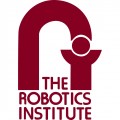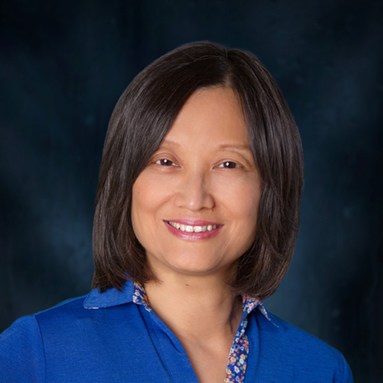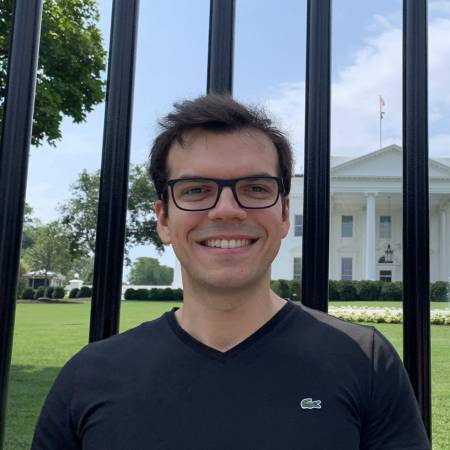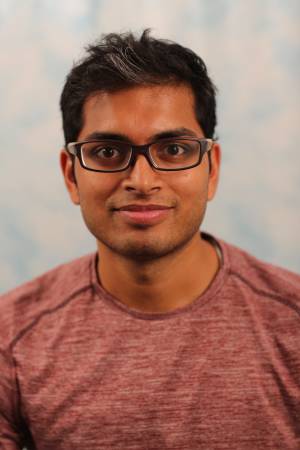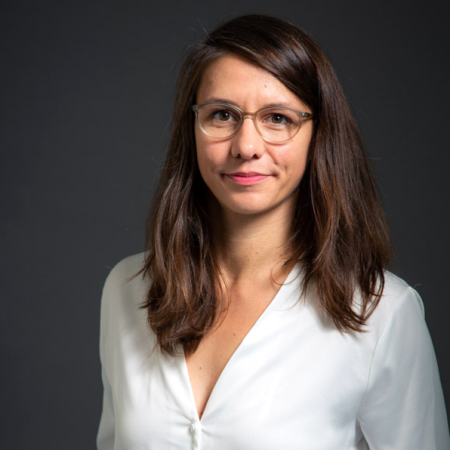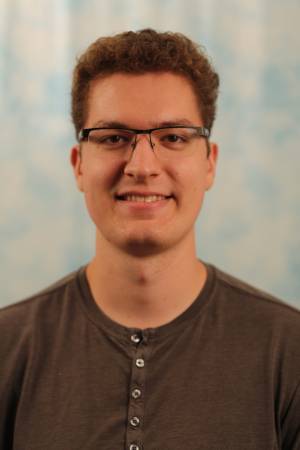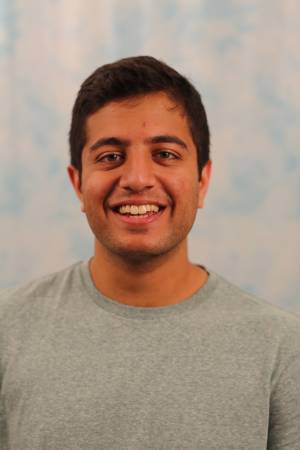RI Council Meeting
RI Council is a leadership group made up of the Director of RI, Academic Program Leads, Committee Chairs, and members at large as appointed by the Director. RI Council meets generally once a week to discuss department business.
Perception-Action Synergy in Uncertain Environments
Abstract: Many robotic applications require a robot to operate in an environment with unknowns or uncertainty, at least initially, before it gathers enough information about the environment. In such a case, a robot must rely on sensing and perception to feel its way around. Moreover, it has to couple sensing/perception and motion synergistically in real [...]
Carnegie Mellon University
Driving Reconfigurable Unmanned Vehicle Design for Mobility Performance
Abstract: Unmanned ground vehicles are being deployed in increasingly diverse and complex environments. Advances in the field of robotics, including perception technology, computing power, and machine learning, have brought robots from the lab to the real world. Remote and autonomous vehicles are now used to explore volcanoes, caves, pipes, war zones, disaster sites, and even [...]
Max-Affine Spline Insights into Deep Learning
Abstract: We build a rigorous bridge between deep networks (DNs) and approximation theory via spline functions and operators. Our key result is that a large class of DNs can be written as a composition of max-affine spline operators (MASOs) that provide a powerful portal through which we view and analyze their inner workings. For instance, [...]
Search-based Path Planning for a High Dimensional Manipulator in Cluttered Environments Using Optimization-based Primitives
Abstract: In this work we tackle the path planning problem for a 21-dimensional snake robot-like, navigating a cluttered gas turbine for the purposes of inspection. Heuristic search-based approaches are effective planning strategies for common manipulation domains. However, their performance on high-dimensional systems is heavily reliant on the effectiveness of the action space and the heuristics [...]
Vision-Based Tactile Sensor Design using Physics Based Rendering
Abstract: Tactile sensing has seen a rapid adoption with the advent of vision-based tactile sensors. Vision-based tactile sensors provide high resolution, compact and inexpensive data to perform precise in-hand manipulation and human-robot interaction. However, the simulation of tactile sensors is still a challenge. Simulation is a critical tool in the development of robotic systems. In [...]
Teruko Yata Memorial Lecture
Leveraging Language and Video Demonstrations for Learning Robot Manipulation Skills and Enabling Closed-Loop Task Planning Humans have gradually developed language, mastered complex motor skills, created and utilized sophisticated tools. The act of conceptualization is fundamental to these abilities because it allows humans to mentally represent, summarize and abstract diverse knowledge and skills. By means of [...]
Details to Follow . . .
Details to Follow . . .
Robotics Institute Staff Offices 12PM Early Dismissal
Dear RI Faculty and Staff, In observance of the coming holiday, institute staff offices will close Friday, April 15th at noon. They will reopen at 8:30 on Monday, April 18th. Happy Holiday! Thank you – Debbie Z. =================================================== Deborah H. Zalewski, Senior Associate Business Manager | The Robotics Institute - Carnegie Mellon University | Newell-Simon [...]
RI Hiring Meeting
A faculty hiring meeting to discuss candidates for faculty position
Carnegie Mellon University
Unified Simulation, Perception, and Generation of Human Behavior
Abstract: Understanding and modeling human behavior is fundamental to almost any computer vision and robotics applications that involve humans. In this thesis, we take a holistic approach to human behavior modeling and tackle its three essential aspects --- simulation, perception, and generation. Throughout the thesis, we show how the three aspects are deeply connected and [...]
Kernel Density Decision Trees
Abstract We propose kernel density decision trees (KDDTs), a novel fuzzy decision tree (FDT) formalism based on kernel density estimation that improves the robustness of decision trees and ensembles and offers additional utility. FDTs mitigate the sensitivity of decision trees to uncertainty by representing uncertainty through fuzzy partitions. However, compared to conventional, crisp decision trees, [...]
Energy-based Joint Pose Estimation for 3D Reconstruction
Abstract: In this talk, I will describe a data-driven method for inferring camera poses given a sparse collection of images of an arbitrary object. This task is a core component of classic geometric pipelines such as structure-from-motion (SFM), and also serves as a vital pre-processing requirement for contemporary neural approaches (e.g. NeRF) to object reconstruction. [...]
NeRF for Robotics
Abstract: In this talk I'll describe how recent advances in neural rendering and novel view synthesis - namely NeRF - can be leveraged by robotic agents to improve performance in manipulation tasks. Specifically, I'll argue that NeRF can enable robotic policies to: (1) generalize to new viewpoints; (2) perceive specular and reflective surfaces in a [...]
